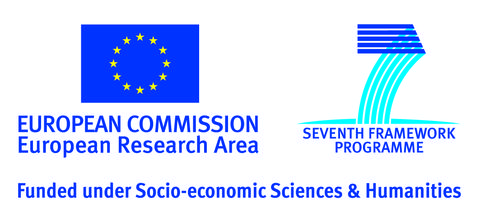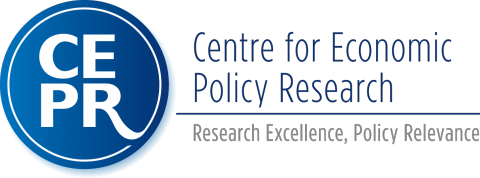Frequently asked questions
What is the "mobility rule"?
The mobility rule dictates that candidates must NOT be nationals of the country where they seek employment, or have legally resided or have had their main activity in that country for more than 12 months in the 3 years immediately prior to the starting date.
Can non-Europeans apply?
Yes, application is open to anyone, irrespective of nationality. However, there are restrictions regarding to the fellows' mobility.
Is PODER a research stipend?
No, PODER offers fellowships which are bound to specific network activities. Fellows are expected to commit to the network full time during their appointment.
Can I continue working on my own project during my appointment to the Network?
No, it is not possible to follow your own research agenda within the PODER project. The purpose of this fellowship is to gain valuable work experience with top class academic and private sector institutions; you will be working on an existing project with the leading academics in the field. The position is full time and we expect fellows to show appropriate committment to the network.
Do I need to be enrolled in a PhD programme to apply?
No, it is not necessary to be enrolled in a PhD Programme.
Who qualifies as an "Early Stage Researcher" (ESR)?
Early Stage Researchers (ESRs) are generally pre-doctoral researchers. To qualify, they must be in the first 4 years (full-time equivalent) of their research career. This is calculated from the date they obtained a qualification (Masters or equivalent) allowing them to embark on a doctorate.
Who qualifies as an "Experienced Researcher" (ER)?
Experienced Researchers (ERs) are usually post-doctoral fellows. To qualify for ER positions, they must either be in possession of a doctoral degree or have at least 4 years of research experience (full-time equivalent). Their total research experience may not exceed 5 years at the time of recruitment.
How is "Research Experience" calculated?
For the purpose of this project, your research experience is calculated from the day you received the first higher education degree which would allow you to go on to PhD studies. For most applicants, this will be the Master's Degree.
Please note that it does not matter whether the relevant degree enables you to study a specific PhD, but that it allows you the general admission to PhD programmes.
Research experience is generally gained from the following activities:
- Paricipation in a postgraduate course
- Field Research / Research Assisstance
- Professional research experience


